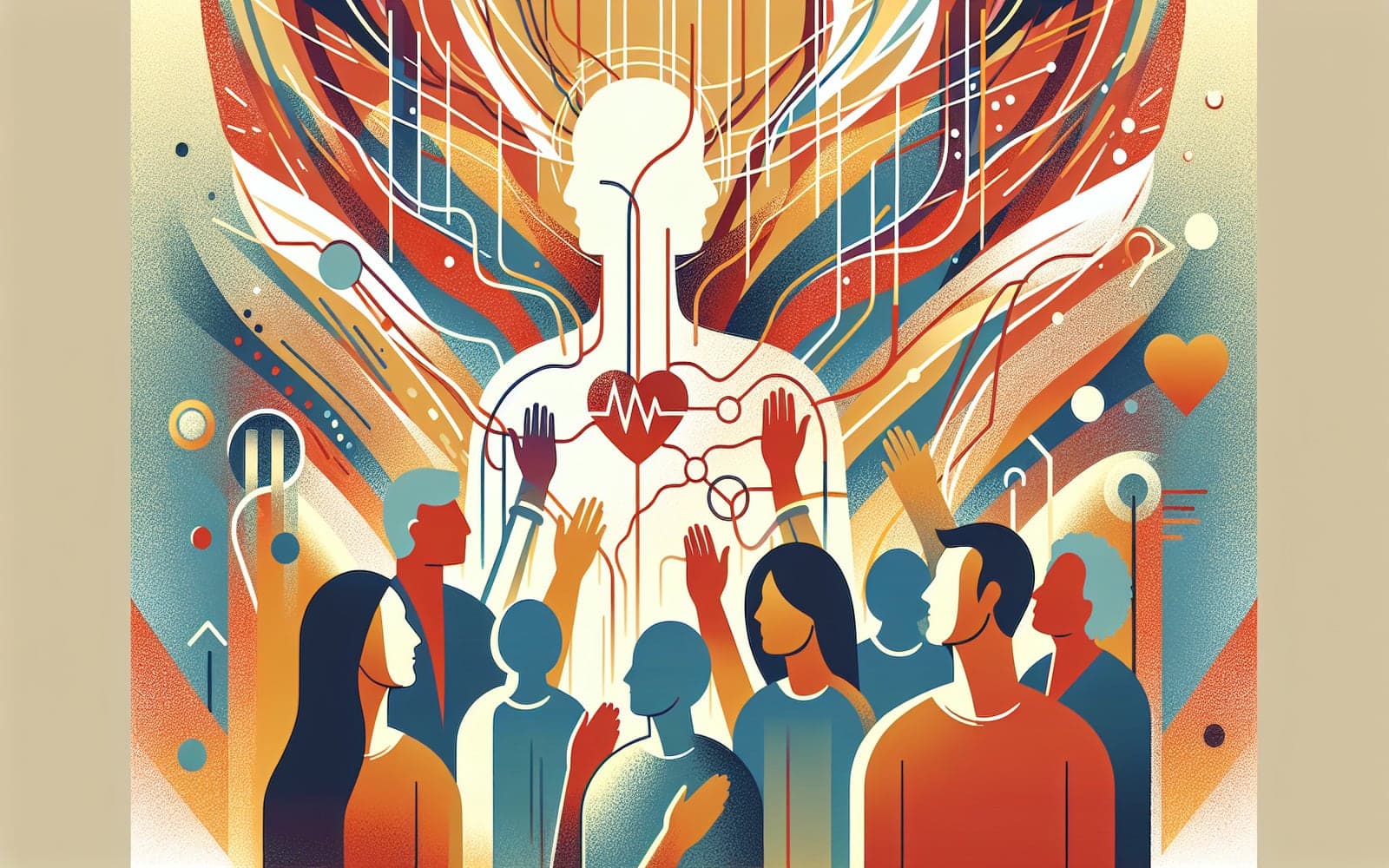What is Atrial Fibrillation? Understanding the Most Common Heart Rhythm Problem
Published: May 06, 2024

Medically reviewed by Alan Lucks | MD, Alan Lucks MDPC Private Practice - New York on May 6th, 2024.
Atrial fibrillation (AF) is the most common abnormal heart rhythm. It can lead to serious complications like stroke, but understanding AF is the first step to managing it effectively.
Contents
What Happens in AF?
In AF, the upper chambers of the heart (atria) beat chaotically and irregularly. This causes the heart to quiver instead of pumping effectively. As a result, blood can pool in the atria and form clots, which may travel to the brain and cause a stroke.
Types of AF
AF can be classified based on how long it lasts. Paroxysmal AF comes and goes on its own, lasting less than 7 days. Persistent AF lasts longer than 7 days and may need treatment to stop. Long-standing persistent AF lasts over a year. Permanent AF is when a decision is made to no longer try to restore normal rhythm.

Symptoms and Diagnosis
Common symptoms of AF include palpitations, fatigue, dizziness, and shortness of breath. However, some people have no symptoms at all. AF is typically diagnosed with an electrocardiogram (ECG), which records the heart's electrical activity. Your doctor may also order blood tests and an echocardiogram to check your heart's structure and function.
Frequently Asked Questions
It can be, mainly due to increased stroke risk.
While not usually curable, AF can be effectively managed.
It's the most common heart rhythm disorder.
Not everyone, but many do to prevent strokes.
Key Takeaways
With proper treatment and lifestyle changes, many people with AF lead full, active lives.
Wondering about your AF risk? Talk to Doctronic about assessing your heart health today.Related Articles
References
January CT, et al. 2014 AHA/ACC/HRS guideline for the management of patients with atrial fibrillation. Circulation. 2014;130:e199.
Wyse DG, et al. Lone atrial fibrillation: does it exist? J Am Coll Cardiol. 2014;63:1715.
This article has been reviewed for accuracy by one of the licensed medical doctors working for Doctronic. Always discuss health information with your healthcare provider.

